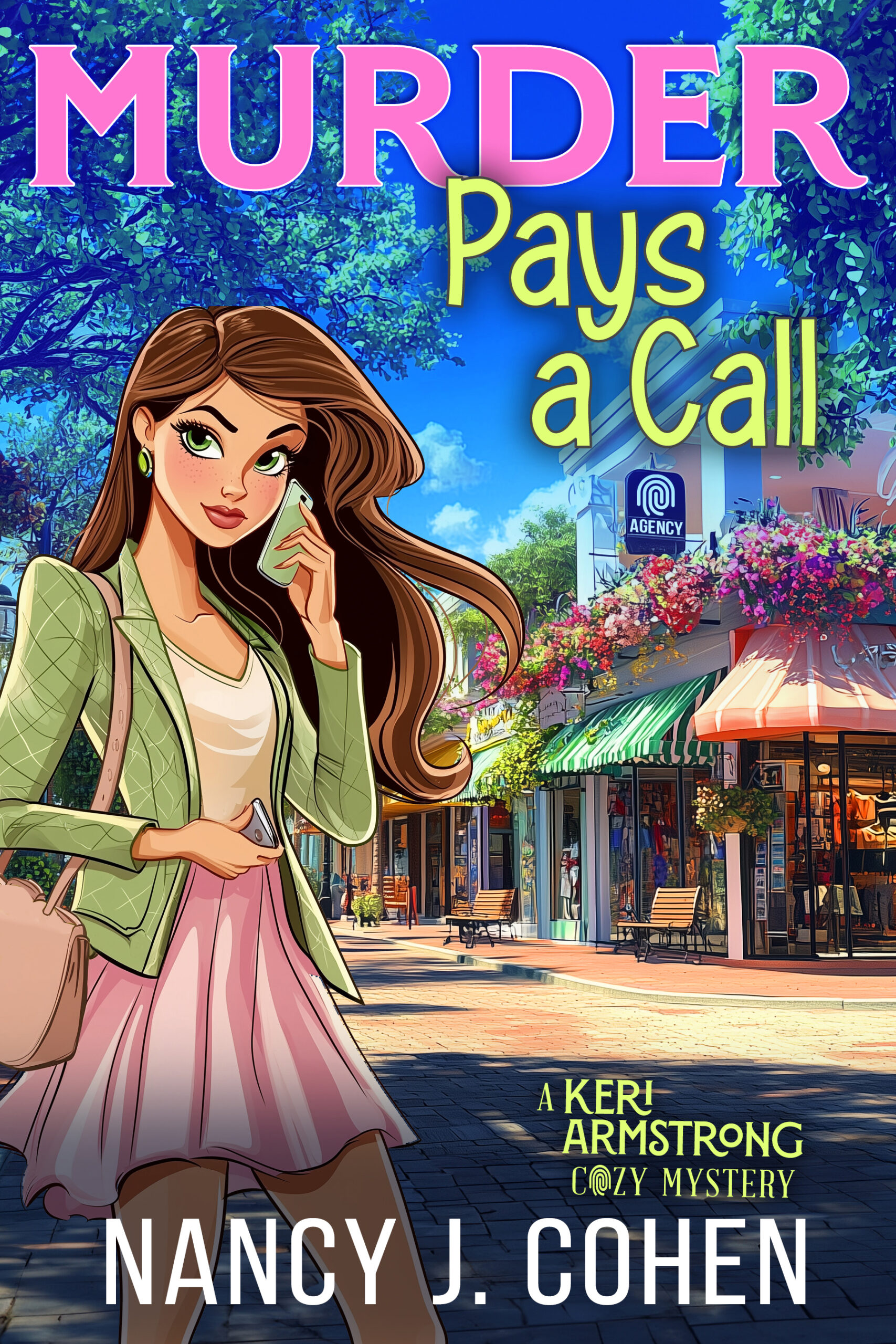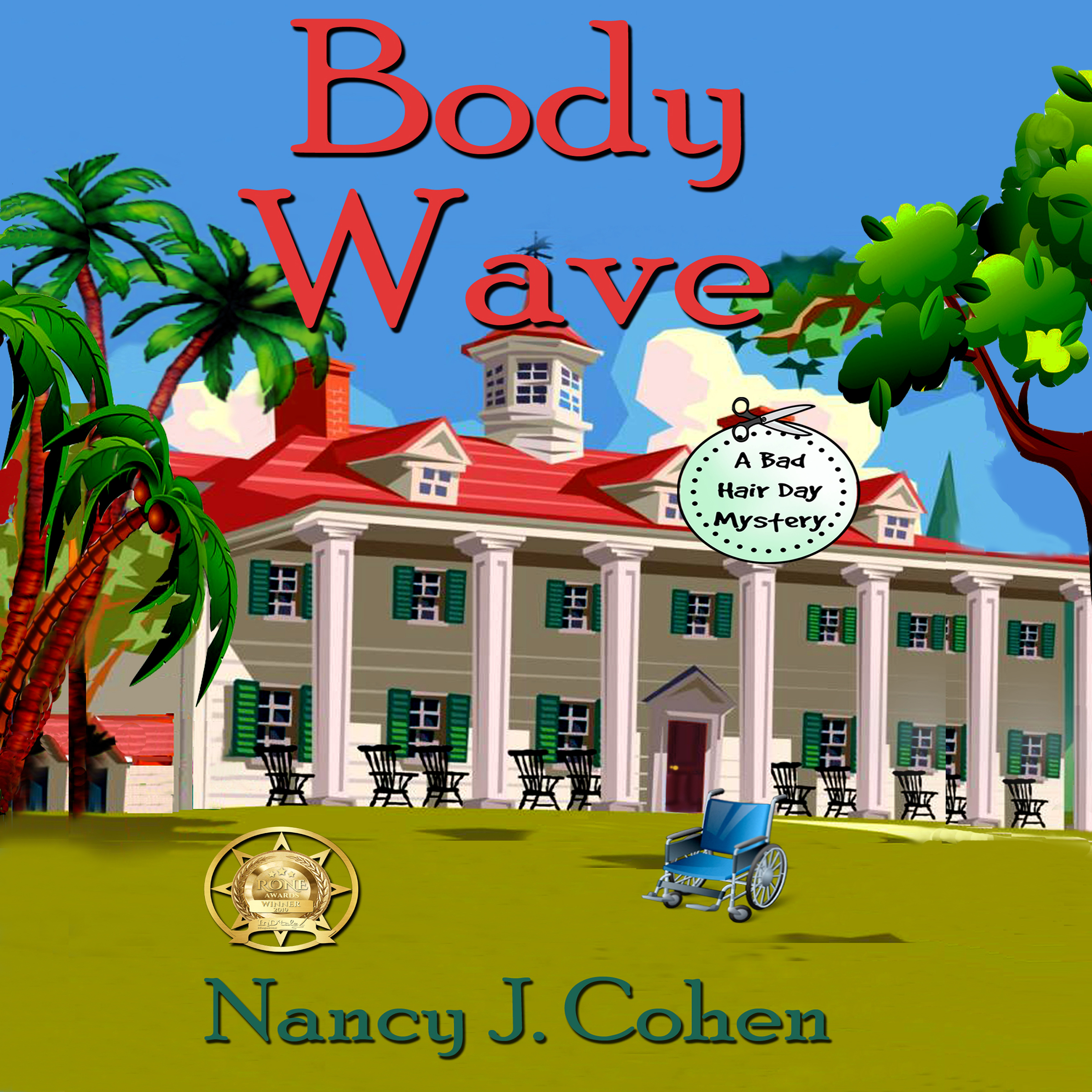Author Collaborations
Novelists, Inc. Conference St. Pete Beach Oct. 2014
A collaboration might consist of a single book containing a bundle of novels or novellas by different authors. The main benefit is that more experienced authors will draw attention to newer authors. It’s a cost-effective way to produce a print version of shorter works. Promotional duties will be shared among the authors. And you can learn the indie publishing process along the way.
Consider the following in drawing up an agreeement:
Distribution of royalty: How will the money be split and on what basis?
Production costs: What will each author chip in?
Format: E-book? Print? Who decides?
Distribution channels: Who decides which book retailers/outlets?
Exit strategy: How can an author withdraw?
Termination date for bundle: When will it be taken off the market?
Who administers each vendor account? Ideally, each writer should have password access.
Will you set up an LLC or Corporation? This could protect against lawsuits.
Can a single author sell her book outside of the bundle, or does the bundle have exclusive rights?
Who coordinates promo efforts?
Who spends how much on publicity?
Who controls the bank account?
Who issues 1099’s or payroll expenses? Who keeps and distributes these records?
Will the group hire an accountant?
Who is the backup for the prime member?
Is the bank account accessible to other members? It should be.
Do members wish to see copies of receipts?
Who gets the vendor reports? Every author should get one.
Will each author forgo publishing new works within a certain period of time to avoid competition? Or will new works outside of the bundle be allowed without restriction?
Will the bundle be copyrighted? If so, who will register or own this copyright? The LLC or Corporation can own it if you have one. If a book bundle is copyrighted under a Corporation, you’ll want to mention that, upon dissolution, the copyright for each respective title is assigned to the individual authors.
Who owns the cover art? Who can use the cover art?
How will disputes be handled– through mediation, arbitration, or lawsuit? And in which state?
If your book is pirated, will it be dealt with or ignored? Who will be responsible?
Will you get media or publisher peril insurance? If you don’t have an LLC or Corporation, you can get this but it can be difficult to obtain.
Consider that if a bunch of books is written by different authors under one pseudonym, all the authors could be sued under that name.
An author spoke about her box set. She had a one-page letter of agreement with her partners. She advises you to determine your goals. Is it to hit a bestseller list? Or do you wish to raise publicity for your book? What is the term limit for your box set? How much will it be priced for? What are the consequences if one member wishes to withdraw? In her case, the person withdrawing would pay for reformatting unless more than half of the members wanted out. They decided who would report sales and when, who would collect money and pay them their portion. They decided that all members would make decisions together. They agreed on a price to pay for ads. Disbandment was set for 45 days after the book went on the market. One concern she mentioned is that if the person who manages the money puts funds into her personal account, who else has access?
Publishing each other’s work in a co-op is another type of collaboration. Book View Café was cited as an example.
Regarding box sets, you need to determine the order involved. The first and last titles are premium. Should they be listed alphabetically, or should the bestselling author get the top spot? Are you allowed to sell your books individually if they’re in a box set with other authors? Are they going to be backlist titles or new titles?
Thinking these things through and discussing them with your partners ahead of time will avoid conflict down the road.
Do you have any considerations to add?























Nancy, that is quite a comprehensive list. Here are a few more questions:
Can you treat it as a business and focus on the issues, and not the person(s)?
Can you treat each other with respect when disagreements arise and not hold grudges?
Is each author willing to put forth money necessary for the business venture?
Be aware of the three key causes that can end a partnership(s): drama, the lack of trust, and the lack of cooperation. Make sure before you enter an agreement with someone that that person is equally willing to make the business a success.
All the best,
Khloe
I imagine you would want to partner with someone equally as committed as yourself. It helps if you have compatible personalities and the same goals. As for money contributions, I’d make that as definite as possible. Like, how much are you willing to put into the pot up front? What will we need in terms of productions costs and advertising? And make sure your agreement allows for terms of withdrawal if a member wants out.